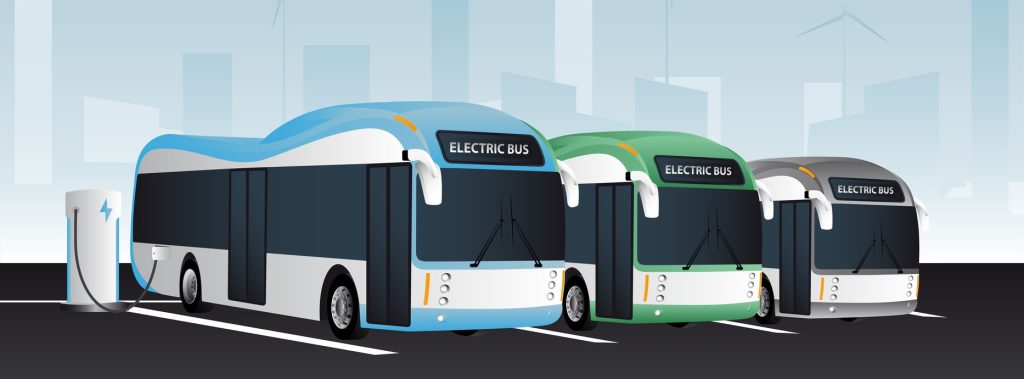

**Punjab’s Ambitious Initiative to Create 2,000 Electric Bus Charging Stations**
In a noteworthy step towards eco-friendly transportation, the Punjab administration has revealed an ambitious initiative to create 2,000 electric bus charging stations throughout the state. This project forms part of a larger framework aimed at encouraging the usage of electric vehicles (EVs) and diminishing the carbon footprint of the state’s public transport network.
**The Necessity for Electric Bus Charging Stations**
As the international community contends with the ramifications of climate change, the transition to electric vehicles has become essential. Punjab, celebrated for its rich agricultural legacy and lively culture, is taking proactive measures to ensure its transport infrastructure aligns with environmental sustainability objectives. The rollout of electric buses is a vital element of this approach, necessitating a solid network of charging stations to facilitate their functioning.
**Strategic Placement for Charging Stations**
The Punjab government intends to strategically position these charging stations to optimize accessibility and convenience. Significant urban hubs, such as Ludhiana, Amritsar, Jalandhar, and Patiala, are anticipated to be key areas for this infrastructure expansion. Furthermore, charging stations will be established along major thoroughfares and in rural locales to assure thorough coverage throughout the state.
**Advantages of the Initiative**
1. **Environmental Effect**: Shifting to electric buses will greatly diminish greenhouse gas emissions and air contaminants, contributing to cleaner air and a healthier habitat.
2. **Economic Advancement**: The creation of charging stations is projected to generate job opportunities and ignite economic activity in the region. It will also draw investment to the EV industry, further enhancing the local economy.
3. **Energy Conservation**: Electric buses demonstrate greater energy efficiency than their diesel counterparts, resulting in reduced operational expenses for public transport agencies.
4. **Improved Public Transit**: With the presence of charging infrastructure, the dependability and efficacy of public transportation services are anticipated to enhance, persuading more individuals to favor public transit over private vehicles.
**Obstacles and Considerations**
Although the initiative is promising, various challenges must be tackled to guarantee its success. These encompass obtaining sufficient funding, ensuring a stable energy supply, and cultivating a skilled workforce to maintain and manage the charging network. Additionally, public awareness initiatives will be crucial to promote the adoption of electric buses and mitigate any concerns regarding their performance and reliability.
**Conclusion**
Punjab’s initiative to create 2,000 electric bus charging stations represents a major advancement towards sustainable urban mobility. By investing in this infrastructure, the state is addressing environmental issues while also laying the groundwork for a modern and effective public transport system. As the project develops, it will act as a blueprint for other areas seeking to transition to cleaner and greener transport solutions.






